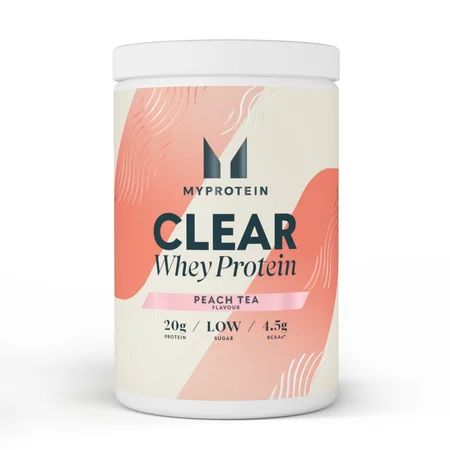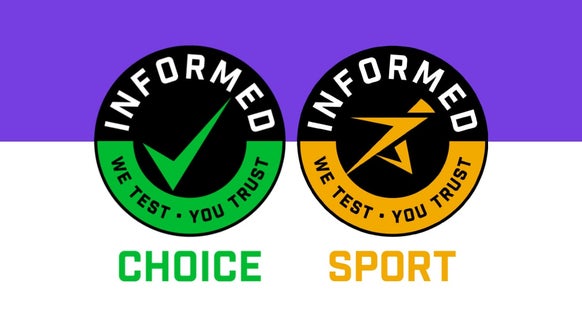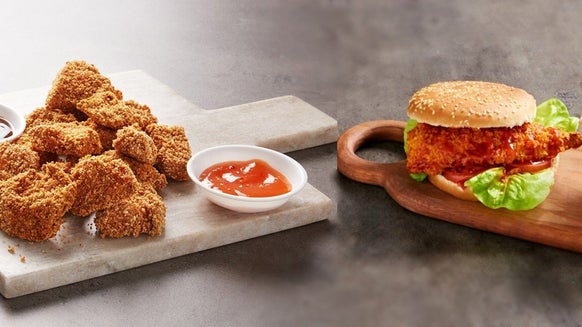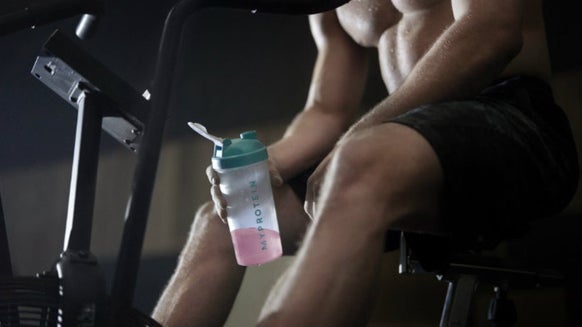Reverse Dieting | The Flawed Method Of Increasing Calories With Little Fat Gain
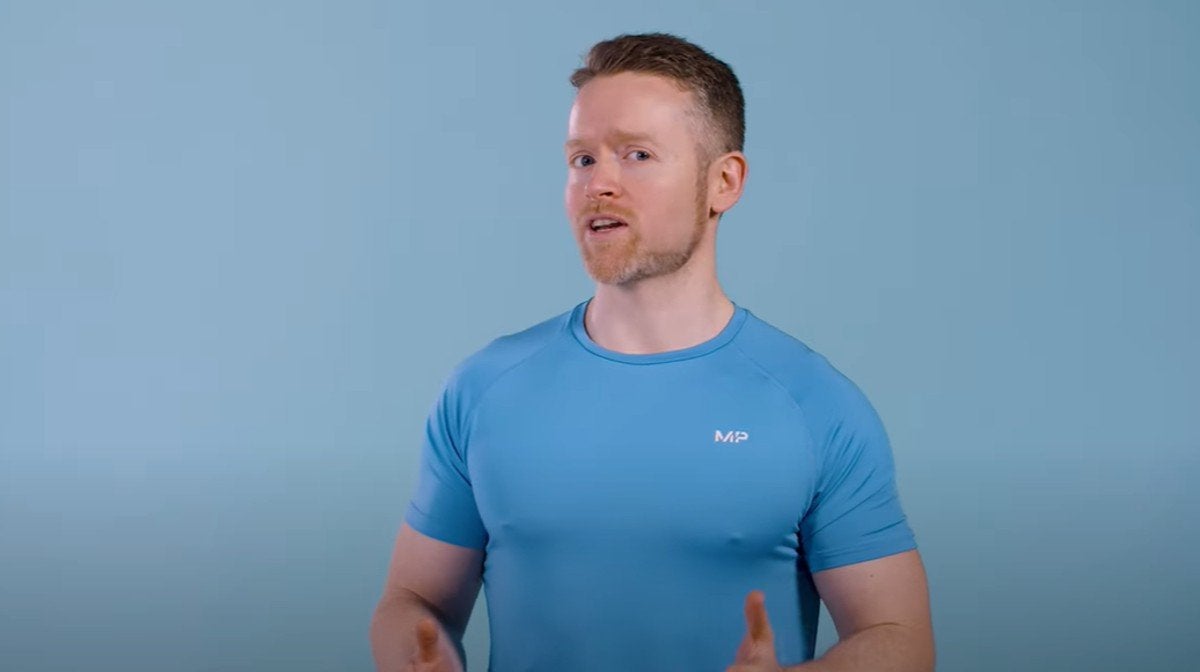
February's over now, so at this point it’s still fresh in our minds what a diet is — whether that’s because you’ve been on one yourself or have just had to hear about how hungry your mate is all month. But what’s this about “reverse dieting”? That sounds more up my street to be honest.
Our favourite nutritionist, Richie Kirwan, is again on hand to tackle the topic, explaining the nutritional and physiological science behind it all so you have all the facts to make an informed decision.
Reverse Dieting
For example, let’s imagine someone is preparing for a bodybuilding show. They’re likely to have been dieting for up to six months to get their body fat as low as possible. They've been on reduced calories for months and their body is fighting back by reducing their metabolic rate to try and hold on to as much body fat and as many calories as possible.
PSA: it’s worth mentioning at this point that Richie doesn’t recommend such extreme dieting without the input of a professional and unless it’s for a particular show.
Their body weight is down and their body fat is very low. But, there have also been massive reductions in hormones such as leptin, testosterone and thyroid, leading to a drop in metabolic rate. In other words, their body is all over the place and they’re hungry all the time.
As you can imagine, bodybuilders end up binging on all the food they can get their hands on after a competition. It’s just like a scene from a movie: boxes upon boxes of takeaways. Obviously this results in weight gain (as it would for nearly everyone), but because their metabolic rate is so low, the weight gain they experience is much higher than other people.
So to offset this, we’ve got reverse dieting. This is slowly increasing your calorie intake over a series of weeks and months after a long period of dieting.
Add 100 calories a day for the first week and so on for a few weeks until you’re back where you need to be. Ideally this will reduce the fat gain of the sort that most bodybuilders experience after a show.
Metabolic adaptation
This refers to the fall in metabolic rate experienced by people on an extreme diet, often due to the reduction in their hormones.
But what exactly is a metabolic rate?
If you increase your calorie intake for a sustained period at a steady rate, you’ll also end up increasing your metabolic rate.
Sounds great, in theory. But some people have very adaptive metabolisms, meaning this is possible for them. For others, not so much.
Is it healthy?
So far, all sounds good. Slowly increase your calories after a period of strict dieting. Any increase in calories will be a treat, right?
Unfortunately, reverse dieting is essentially extending your diet period. And in Richie’s words, a person on the reverse diet is likely to feel “pretty crappy”. Their hormones will be changing again, which will have a huge impact on their moods.
While Richie says there’s nothing wrong with the diet, he wouldn’t recommend it. He prefers to suggest the recovery diet.
Recovery Diet
The goal is to increase your calories to a small surplus. On the diet, you intentionally gain some body weight so your body knows that it’s not starving anymore. Your hunger levels, hormonal systems and libido will go back to normal levels much faster, reducing the inner turmoil your body will be in.
Take Home Message
Richie isn’t actually a big fan of reverse diets and suggests that a recovery diet is a much better option instead. But the ball’s in your court. What will it be?
And as always, if you’re considering making a dietary change, you should always consult a qualified professional first.

